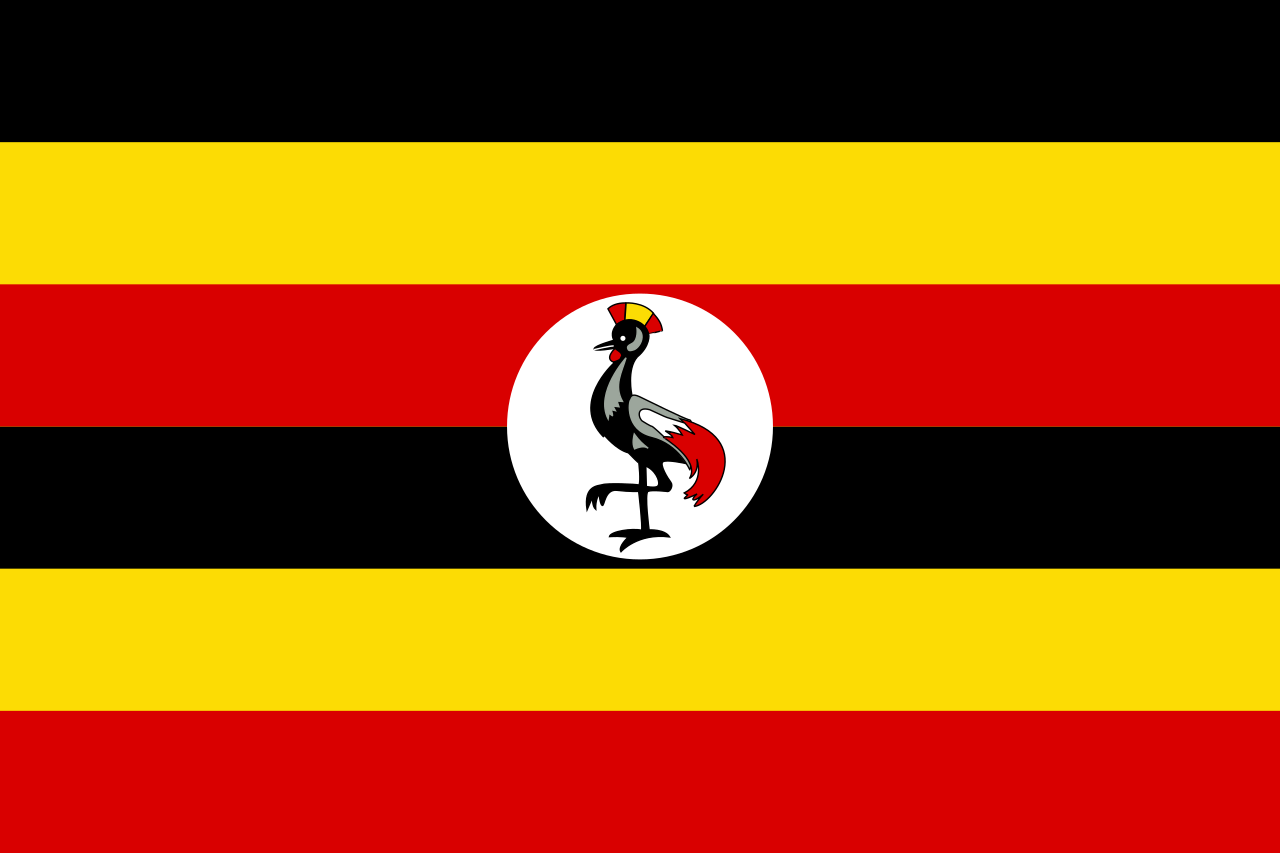The Ebola outbreak in Uganda is under control and could be declared over in the coming few days, according to Africa’s top public health body.
Uganda announced its latest Ebola outbreak last September, with officials saying it was caused by the virus’ relatively rare Sudan strain, which has no approved vaccine or drug treatment.
The number of infections and deaths tapered off after an initial burst, with the overall count now at 56 fatalities and 142 cases, according to the Health Ministry.
“It has been 39 days since the last confirmed case,” Ahmed Ogwell Ouma, acting head of the Africa Centers for Disease Control and Prevention (CDC), said at a news briefing on Thursday.
“If there are no new cases reported by Jan. 10, the outbreak will be over,” he said.
He was referring to the World Health Organization’s guidelines, under which a country is declared free of Ebola if there are no infections for 42 days.
Vaccine trials are also underway in the country, Ouma added.
According to the Health Ministry, there are currently no active cases in Uganda, while President Yoweri Museveni lifted all Ebola-related restrictions last month, saying the country had “overcome Ebola because the people listened.” - Hamza Kyeyune, Anadolu Agency






